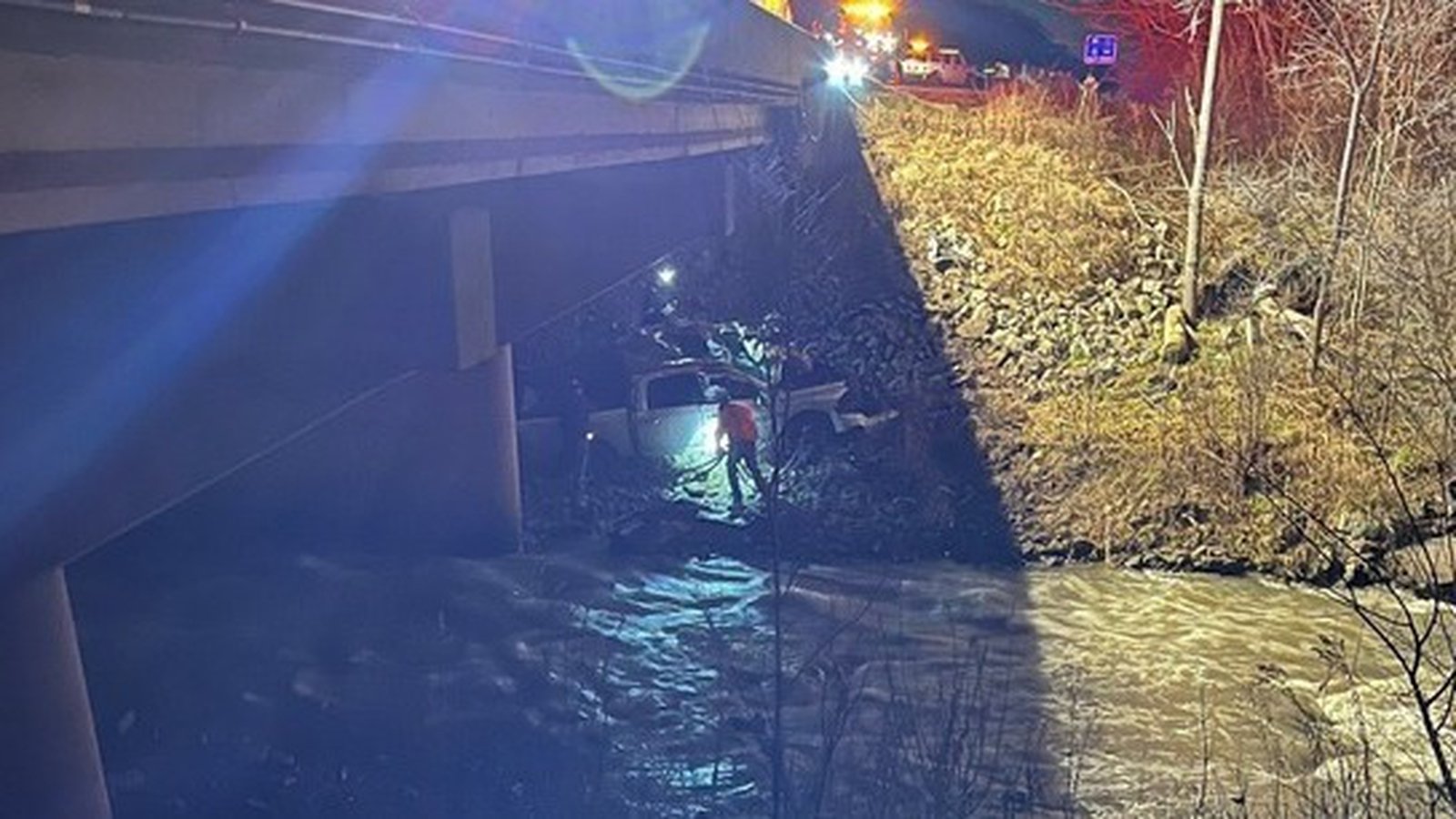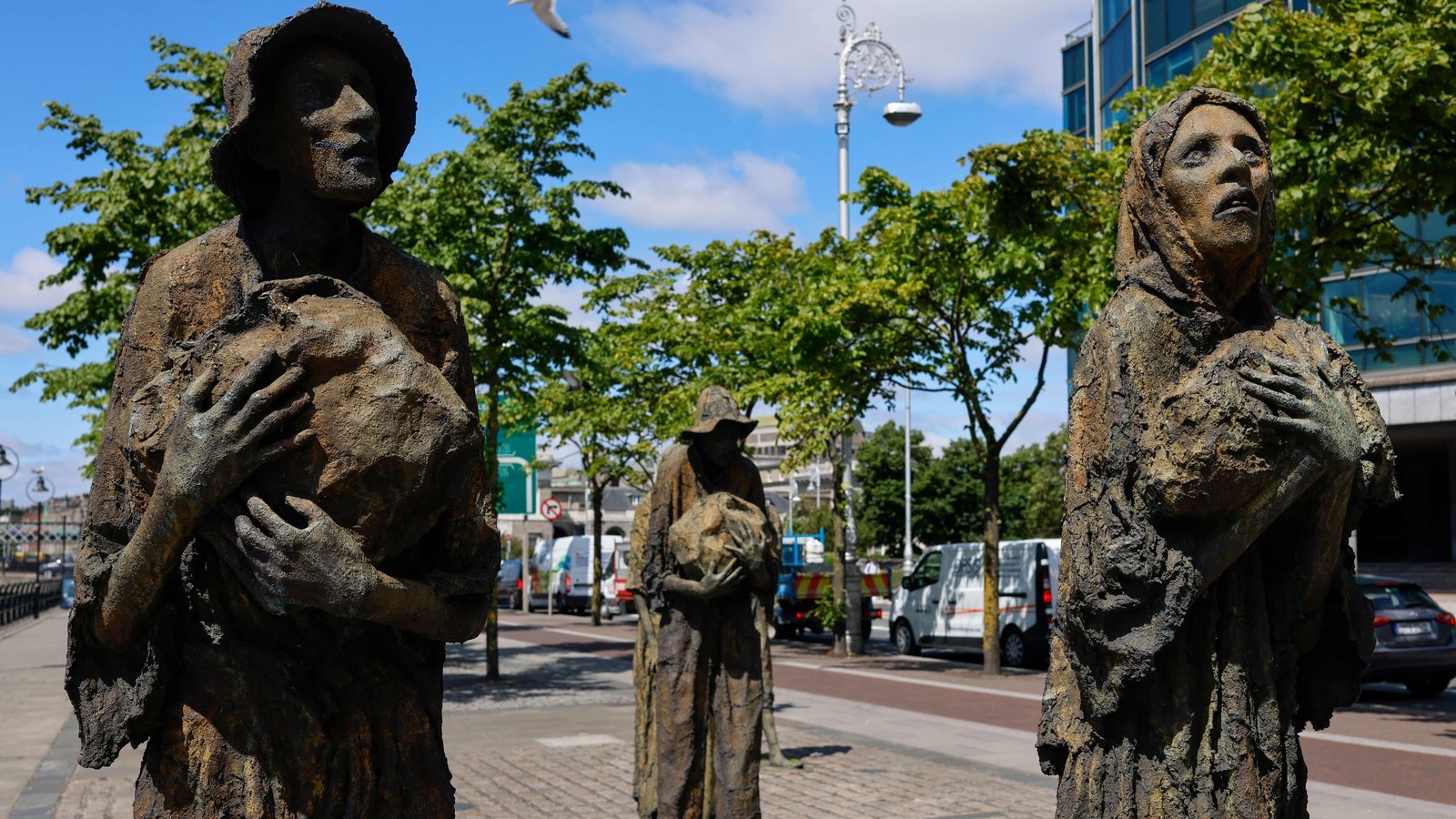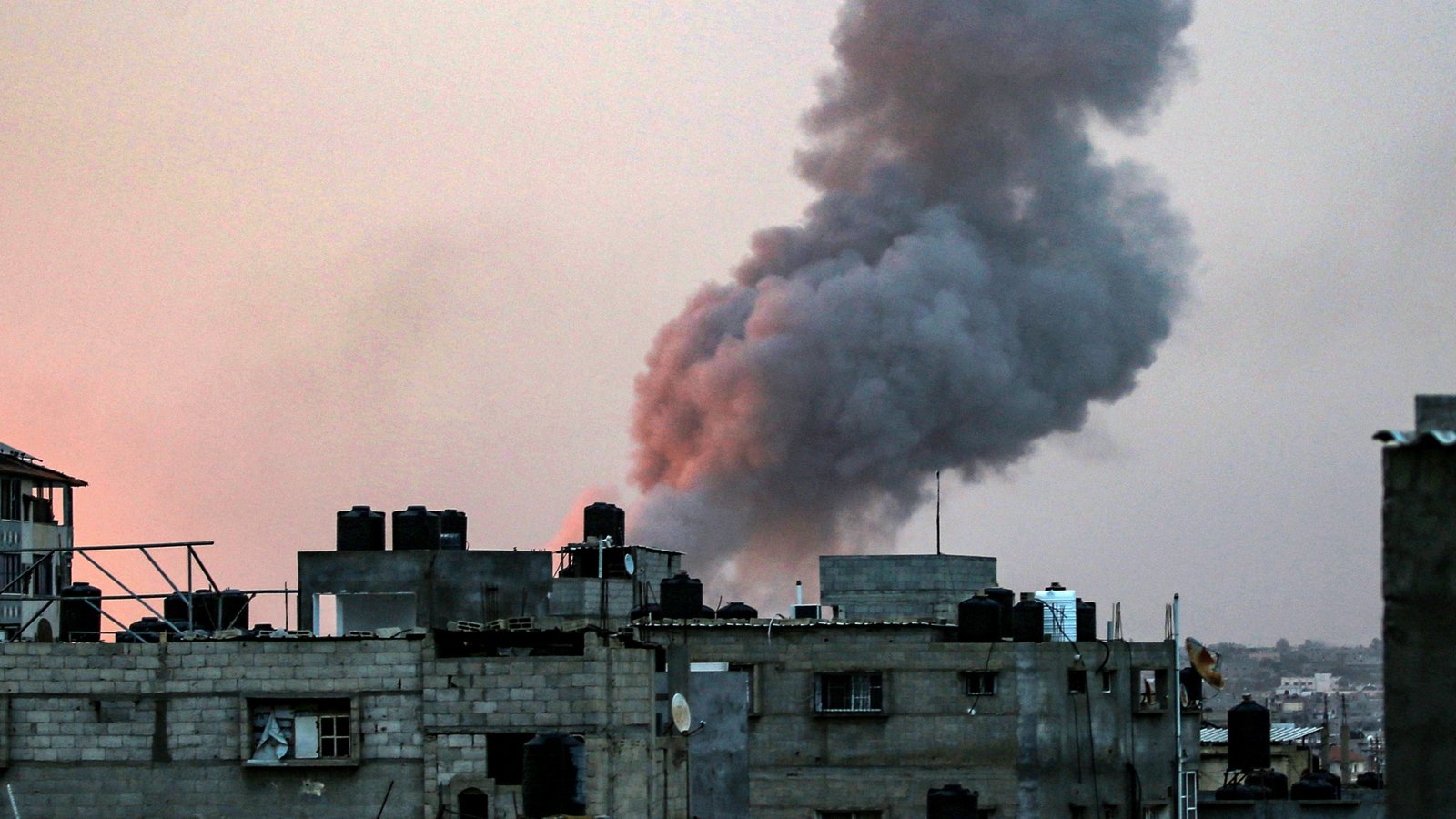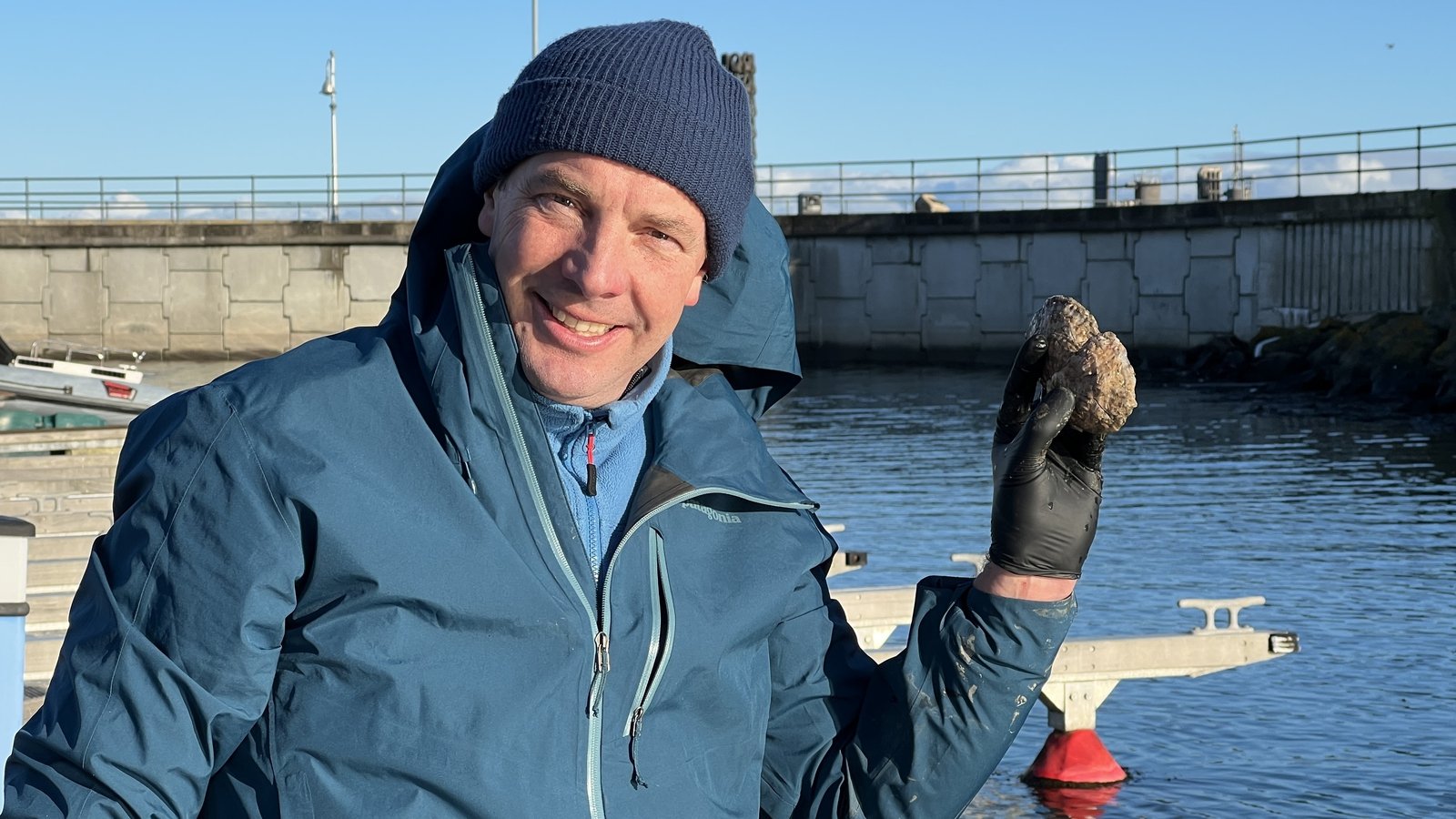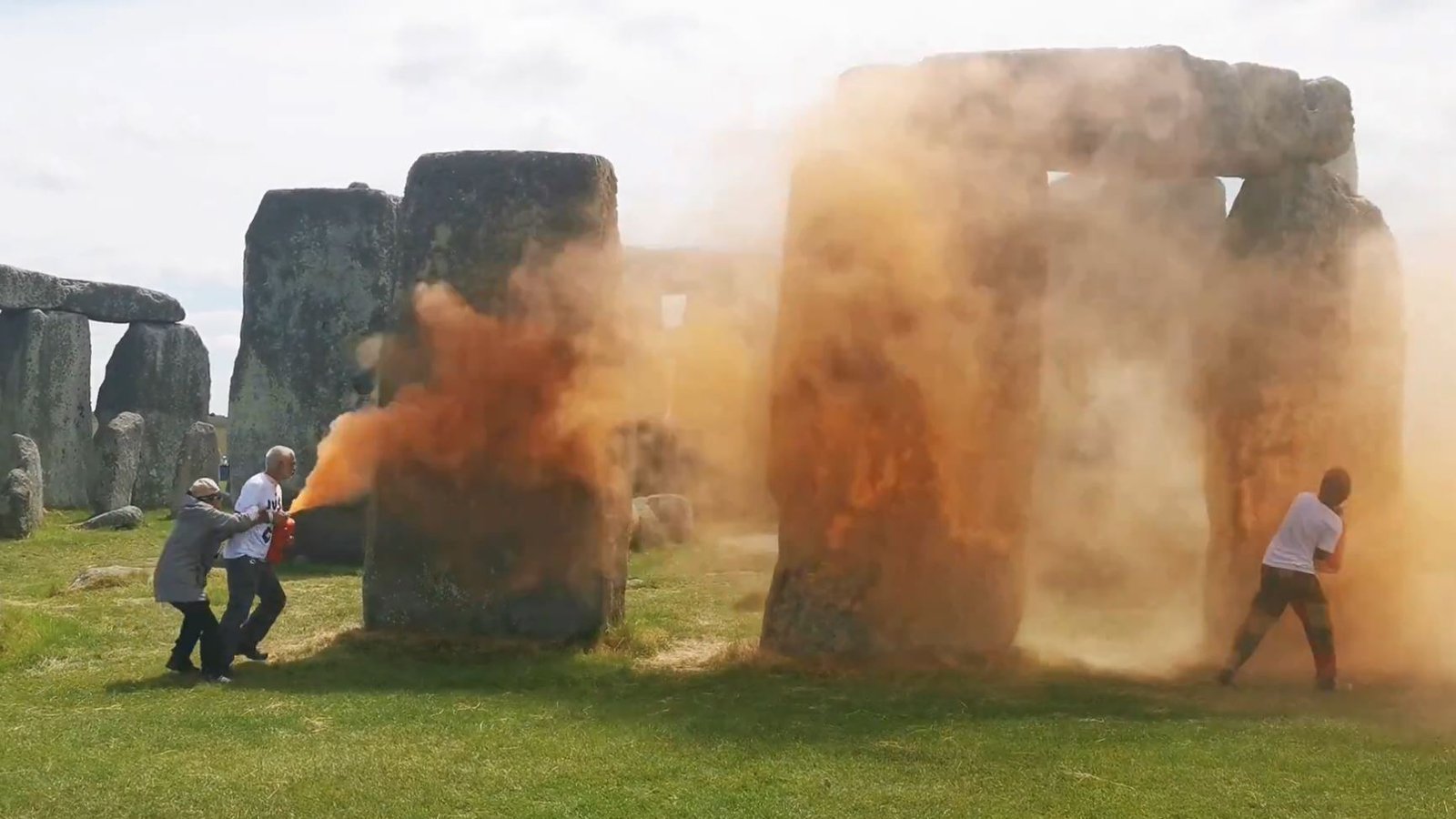ICJ to rule in genocide case brought against Israel

The International Court of Justice in The Hague will deliver its first decision later this morning on the genocide case taken by South Africa against Israel over its bombardment of Gaza.
In a keenly watched decision, the 17 judges of the court will declare whether or not South Africa has demonstrated that the charge against Israel of genocide is plausible, and whether the court can therefore order Israel to take specific measures, including halting its bombing campaign and ground operation completely while the wider case continues.
The hugely significant case will have far-reaching ramifications for Israel’s war in Gaza, for the Palestinian population there, and for the International Court of Justice itself.
South Africa has alleged that Israel’s bombardment of Gaza, its denial of basic humanitarian relief, and the specific remarks by Israeli politicians and military figures about the Palestinians, are all evidence of an intent to destroy or uproot some or all of the Palestinian population – in other words an act or acts of genocide.
Israel in turn has accused South Africa of giving legal cover to Hamas, which carried out the 7 October attacks and which, Israel says, is the real perpetrator of genocide, given its aim of destroying Israel.
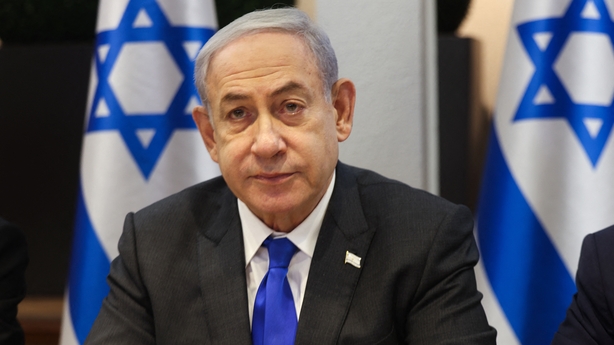
The court will not however pass judgement on whether or not Israel is actually committing genocide in Gaza.
At this stage, the ICJ will hand down emergency orders before considering the wider accusation of genocidal acts in Gaza – a process that will likely take years.
The case has been brought by South Africa, which says that Israel is in breach of the 1948 UN Genocide Convention, set up in the ashes of World War II and the Holocaust.
“South Africa does not need to prove that Israel is committing genocide,” said Juliette McIntyre, international law expert from the University of South Australia.
“They simply need to establish that there is a plausible risk of genocide occurring,” she said.
Over two days of hearings earlier this month in the gilded halls of the Peace Palace in the Hague, a world away from the violence in Israel and Gaza, lawyers argued over the technicalities of the Genocide Convention.
“Genocides are never declared in advance,” declared Adila Hassim, a top lawyer for South Africa.
“But this Court has the benefit of the past 13 weeks of evidence that shows incontrovertibly a pattern of conduct and related intention that justifies a plausible claim of genocidal acts,” she added.
The case has sparked fury in Israel, with Prime Minister Benjamin Netanyahu declaring that “the world is upside down”.
Israel’s lawyer Tal Becker dismissed Pretoria’s case as a “profoundly distorted factual and legal picture” and a “decontextualised and manipulative description of the reality” on the ground.
Showing the court images of the brutal Hamas attack, Mr Becker said that “if there have been acts that may be characterised as genocidal, then they have been perpetrated against Israel”.
Mr Becker denied that Israel’s operations were aimed at the citizens of Gaza. The army’s aim was “not to destroy a people, but to protect a people, its people, who are under attack on multiple fronts”, he said.
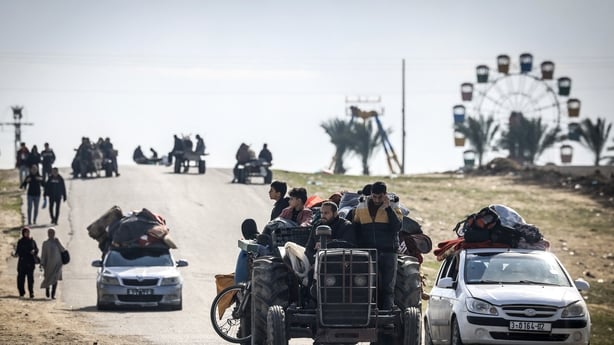
The ICJ’s rulings are binding on all parties, but it has no mechanism to enforce them. Sometimes they are completely ignored – the court has ordered Russia to stop its invasion of Ukraine for example.
Mr Netanyahu has already suggested he does not feel bound by the court, saying “no one will stop us – not The Hague, not the Axis of Evil and no one else”.
“It is conceivable that an order by the court would not have any significant influence on Israel’s military operation,” said Cecily Rose, assistant professor of public international law at Leiden University.
But if the court decides there is a risk of genocide in Gaza, it could still have a ripple effect, notably on other nations that back Israel politically or militarily.
In its submission to the court, South Africa acknowledged the “particular weight of responsibility” of accusing Israel of genocide but said it was bound to uphold its duties under the Convention.
Israeli lawyer Becker retorted that “there can hardly be a charge more false and more malevolent than the allegation against Israel of genocide”.
The 7 October Hamas attack resulted in the death of around 1,140 people in Israel, most of them civilians, according to an AFP tally based on official Israeli figures.
At least 25,700 Palestinians, around 70% of them women, young children and adolescents, have been killed in the Gaza Strip in Israeli bombardments and ground offensive since then, according to the Hamas government’s health ministry.
Read more:
Latest Middle East stories

